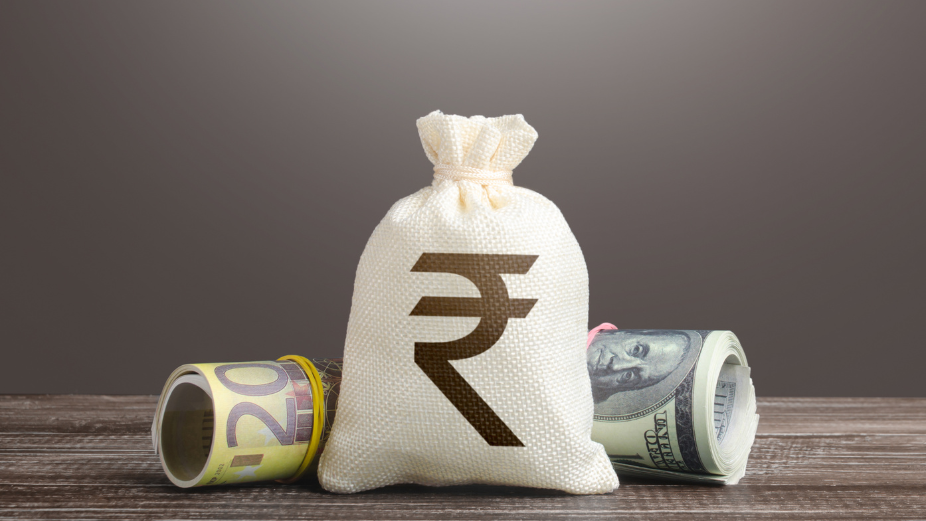
The Maldives Monetary Authority (MMA) has signed a significant currency swap agreement with the Reserve Bank of India (RBI), allowing for up to USD 400 million and INR 30 billion in exchange under the bilateral arrangement. This agreement, finalised on 7th October 2024, is part of the broader “Framework on Currency Swap Arrangement for SAARC Countries, 2024-2027.”
This currency swap arrangement gives the MMA access to two windows: a USD/EUR window and an Indian Rupee (INR) window, with the flexibility to draw against the Maldivian Rufiyaa. The deal offers an important mechanism for addressing foreign exchange liquidity issues, while also facilitating trade settlement in local currencies, particularly with India. This move is expected to further enhance bilateral trade between the two countries, supporting economic stability in the Maldives.
Implications for the Economy
For the Maldives, this agreement comes at a crucial time. The country has been grappling with dwindling foreign reserves, creating a strain on its ability to meet debt obligations and maintain sufficient liquidity for import needs. With foreign exchange reserves recently reported at critically low levels, this currency swap offers a much-needed lifeline. The USD 400 million facility will support foreign exchange liquidity, helping the Maldives manage short-term economic challenges without depleting its reserves further.
Additionally, the INR window will make it easier for the Maldives to settle trade with India in local currency, which is likely to strengthen bilateral trade relations. Given that India is a key trading partner for the Maldives, the ability to settle payments in Indian Rupees could help reduce the pressure on foreign exchange reserves, while also improving trade efficiency.
Long-Term Consequences
While this agreement offers immediate relief, it also signals an important shift in how the Maldives may approach future trade and financial challenges. By relying on regional partnerships like India’s Reserve Bank for liquidity, the Maldives positions itself to navigate through its current fiscal difficulties more effectively. However, this also places the Maldives in a position of greater economic dependence on India, a development that could shape the nation’s financial policies and relationships in the years to come.
The currency swap agreement also highlights the Maldives’ growing emphasis on diversifying its financial partnerships. While traditional creditors like China and India have played significant roles in the country’s development, the introduction of mechanisms like this swap could offer the Maldives a more sustainable way to manage its financial obligations without defaulting on debt.
In the short term, this agreement could help the Maldives stave off a potential financial crisis, ensuring the availability of foreign currency to meet import needs and address liquidity shortages. Over the longer term, it could become a key tool for stabilising the Maldivian economy, as the country continues to recover from the effects of global inflation and high external debt service costs.
For now, this deal with India marks a positive step toward addressing the immediate foreign exchange concerns, but the country’s broader economic strategy will need to continue evolving to maintain fiscal stability.












